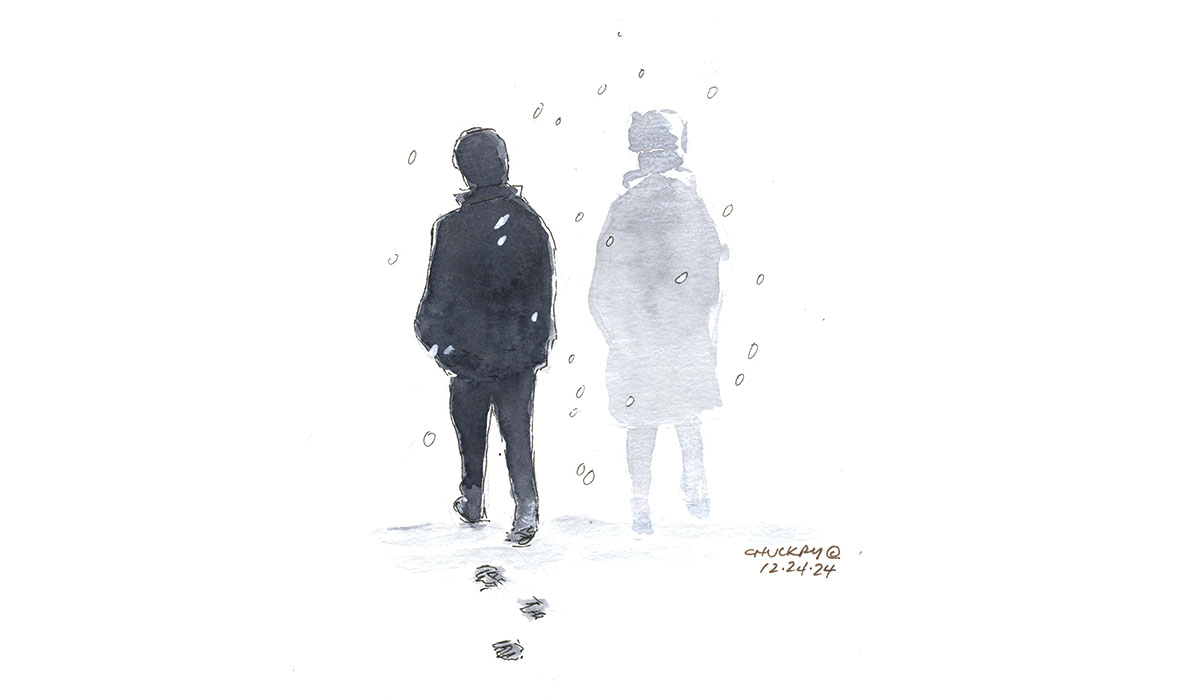Resume Trickery Never Works
- Nick Kossovan
- D.O.C Supplements - Trending News
- The Art of Finding Work
- November 25, 2024

Image Credit, Biljana Jovanovic
There was a time when “white fonting,” using white text to hide keywords in your resume, was suggested to circumvent an employer’s ATS. Many still use this resume trickery, which is considered unethical by many, even though ATS systems can detect white-font text and disregard it, and recruiters can check for.
The latest resume trickery self-professed career coaches are advising job seekers who feel their age is an obstacle to leaving dates off their resume. It’s worth noting that it’s in a career coach’s best interest to have you believe ageism is widespread since this narrative helps them sell their “services.”
Does ageism exist? Of course, it does, irrespective of age, along with countless other biases, albeit not to the extent promoted by career coaches and the media, whose self-interest is best served by keeping us anxious and addicted to the news.
Career coach’s business model: Create a false narrative about a supposed job seeker’s “obstacle” and offer a solution.
Leaving dates off your resume or LinkedIn profile is lying by omission—intentionally leaving out critical information to create a misleading impression—constitutes an unethical attempt to influence the reader by misrepresenting yourself. Furthermore, since dates of employment and graduation are standard on a resume, omitting dates raises a glaring red flag that you’re hiding something. Hiring managers and recruiters read the same job search advice you do. When they read a resume without dates, they know why the candidate hasn’t included them.
Putting aside the ethical question, assuming leaving off dates does get you an interview, once face-to-face, your age will be apparent; what then? If the hiring manager is an ageist, once seated, your age takes centre stage. They’ll look for ways to confirm any biases they have of the age group and generation you belong to, such as:
- you won’t be a cultural fit
- you’ll soon retire
- you have age-related health issues
- you’ll be entitled and easily offended and, therefore, hard to manage (especially younger candidates)
- you’ll be more likely to engage in activism
- lack of experience
- too much experience (overqualified, will be expensive)
The range of assumptions, the foundation on which biases are formed, covers all ages, genders, races, ethnicities, etc. Hiring is a human judgement activity—maybe AI will change this one day—therefore, biases are inherent in the hiring process. You have biases; I have biases. Social norms and legislation cover up but don’t eradicate biases, turning them into “subtle undertones.”
Presuming skills, competencies, and experience are relatively equal, which candidate would you lean toward:
Candidate A: As you’re engaging in small talk, which they initiated, they mentioned they’re Seattle Kraken fans; you also happen to be a fan.
Candidate B: Doesn’t initiate small talk, and when you ask if they watched last night’s Seattle Kraken vs. New York Islanders game, they say they don’t like sports.
Candidate A: Attended MacEwan University (Class of 2002), as did you (Class of 1997).
Candidate B: Attended Boatwright University (Class of 1993).
Generally, our biases aren’t malicious. I’m of the opinion that, for the most part, “bias” is merely choosing whether an employee, friend, spouse, mechanic, doctor, or financial advisor is someone you feel comfortable with, and commonalities go a long way in making this decision. Your interviewer, especially if they’re the person you’ll be reporting to, is asking themselves:
- Can I work with this person?
- Will the team accept this person?
Another reason lying by omission is futile is the Internet, which experts conveniently fail to mention. The Internet has made hiding your age and other details about yourself a futile endeavour. It’s a given that your LinkedIn profile will be read, and you’ll be Googled to determine if you’re interview-worthy. If a hiring manager wants to know your age or anything else about you, they can use Google and find:
- the years you graduated
- the years you played minor league hockey
- the picture your daughter, who tagged you, posted on Facebook in August 2004 of you dropping her off at university
- the whitepaper, Advancing European Markets Are Undermining Globalization, you wrote back in 1998 for the brokerage firm you were working at
- your tweet announcing your 25th wedding anniversary
The point I’m making is it’s better to be transparent about your age or [whatever]. At some point in the hiring process, especially since employers usually conduct four to six interviews, the employer will find out what you’re trying to hide. Therefore, if the hiring manager is an ageist, you’ll be eliminated when they Google you and determine your age, and off-chance should you get an interview, it’ll be awkward. It’s better to be eliminated upfront than to spend time preparing for and conducting an interview only to be rejected because of an “ism.”
I believe ageism or any other “ism” can be overcome by self-empowerment (read: respecting yourself) that comes from being proud of who you are and all you’ve accomplished rather than contorting yourself trying to be accepted. Look for an employer who values the experience of a ‘seasoned’ candidate—they do exist. Self-respect begets respect. I don’t know a hiring manager who hires candidates they don’t respect.
_____________________________________________________________________
Nick Kossovan, a well-seasoned veteran of the corporate landscape, offers “unsweetened” job search advice. You can send your questions to Nick at artoffindingwork@gmail.com.








